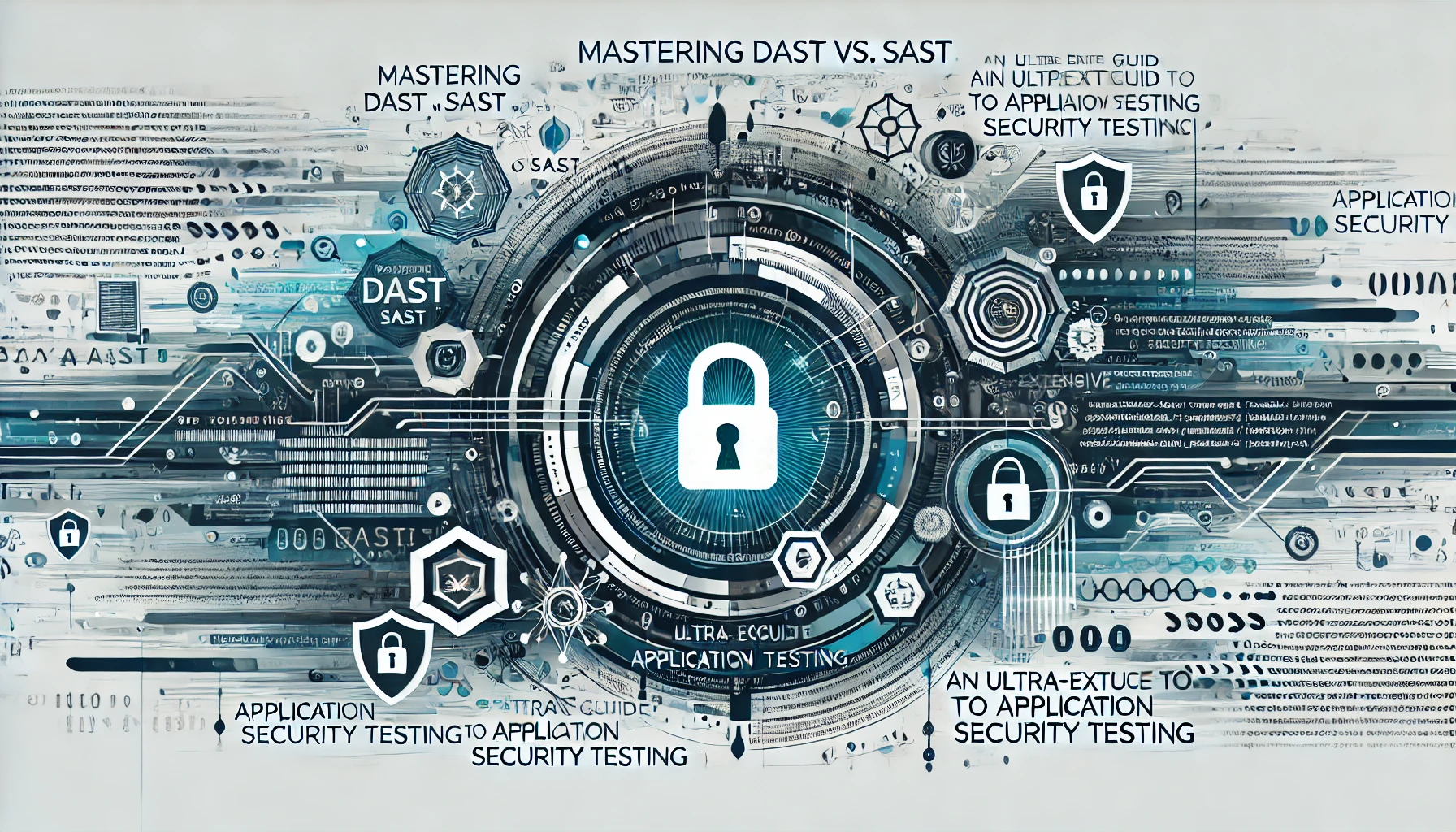Understanding the Importance of AI in Cybersecurity
Artificial Intelligence (AI) is transforming various industries, including cybersecurity. With the increase in cyber threats and the sophistication level of cyberattacks, it’s becoming more challenging for traditional security measures to keep up. This is where AI comes into play.
Why is AI Crucial for Cybersecurity?
AI can analyze vast amounts of data and identify patterns and anomalies that may indicate a cyber threat. This level of analysis is beyond human capability, both in speed and accuracy. Additionally, AI can learn from previous attacks to predict and prevent future ones.
AI in Threat Detection and Response
AI can identify potential threats in real-time, enabling organizations to respond quickly and minimize damage. AI systems can also recommend actions to mitigate risks. Moreover, AI can help in automating responses to common attacks, freeing up valuable time for security professionals to focus on complex threats.
AI in Predictive Analysis
By leveraging machine learning algorithms, AI can predict future cyberattacks based on historical data. This predictive analysis enables organizations to take preventive measures before an attack occurs, thus reducing the potential impact.
The Challenges with AI in Cybersecurity
Despite its benefits, AI is not without its challenges. The accuracy of AI systems is dependent on the quality of the data they are trained on. Therefore, organizations must ensure they have access to high-quality, relevant data. Additionally, there is a risk of over-reliance on AI, which could lead to complacency in other areas of cybersecurity.
Conclusion
AI holds significant potential in enhancing cybersecurity measures. However, it should be considered as a tool to augment human intelligence and not a replacement. As cyber threats continue to evolve, the combination of AI and human expertise will be crucial in maintaining a robust cybersecurity posture.







